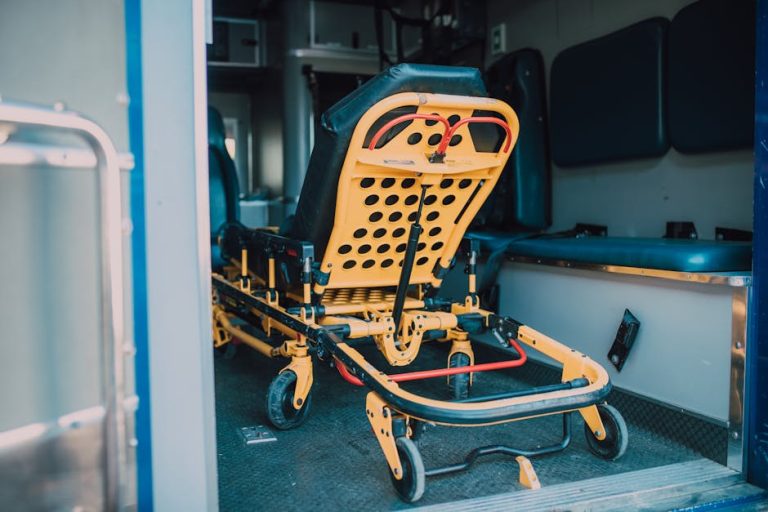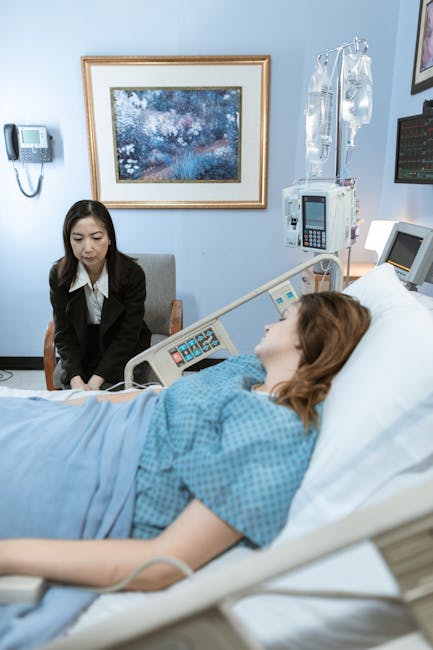
Tips for Safely Giving Medicines to Children
Administering medicine to children can be a challenging and anxiety-inducing experience for many parents and caregivers. Whether it’s a fever, a persistent cough, or a chronic condition, ensuring that children receive the right medication in the right way is crucial for their health and well-being. Mistakes in dosing, timing, or method can lead to ineffective treatment or even potential harm. Therefore, it is essential to approach this responsibility with knowledge, caution, and care. This article provides comprehensive tips and guidelines to help you safely and effectively give medicines to children, ensuring their swift recovery and your peace of mind.
1. Consult a Healthcare Professional
Before administering any medication to a child, it is imperative to consult a pediatrician or another qualified healthcare provider. Self-diagnosing or using leftover medicines without professional advice can be dangerous. Children’s bodies metabolize drugs differently than adults, and their weight, age, and specific health conditions must be taken into account. A healthcare professional can recommend the appropriate type and dosage of medication, ensuring it is safe and suitable for your child’s needs.
2. Read the Label Carefully
Always read the medication label thoroughly before use. Pay close attention to the active ingredients, dosage instructions, expiration date, and any warnings or contraindications. Many over-the-counter (OTC) medicines contain similar ingredients, and unintentional duplication can lead to overdose. For example, multiple products might contain acetaminophen, which in excess can cause liver damage. Additionally, check if the medicine is specifically formulated for children, as adult medications are often too potent and can be harmful.
3. Use the Correct Dosage Device
Never use household spoons to measure liquid medicine, as they vary widely in size and can lead to inaccurate dosing. Instead, use the measuring device that comes with the medication, such as a syringe, dropper, or calibrated cup. These tools are designed to provide precise measurements. If the medicine doesn’t include a measuring device, ask your pharmacist to recommend one. Ensure you understand the units of measurement (milliliters, teaspoons, etc.) and double-check the dose before administering.
4. Follow the Recommended Dosage
Dosage recommendations are based on a child’s weight and age. Never guess or estimate the dose—always follow the guidelines provided by your healthcare provider or the instructions on the label. Avoid the temptation to give more medicine thinking it will work faster or better, as this can lead to serious side effects. If your child’s symptoms persist or worsen, consult a doctor rather than adjusting the dose independently.
5. Be Mindful of Timing
Timing is critical when giving medicine. Some medications need to be taken with food to avoid stomach upset, while others should be taken on an empty stomach for optimal absorption. Adhere to the prescribed schedule to maintain consistent levels of the drug in the body. Set reminders if necessary, especially for antibiotics, which require timely doses to be effective. If you miss a dose, give it as soon as you remember, unless it is almost time for the next dose. In that case, skip the missed dose and resume the regular schedule.
6. Check for Allergies and Interactions
Before giving any new medicine, ensure your child is not allergic to its ingredients. Discuss any known allergies with your healthcare provider. Additionally, inform them about other medications, supplements, or herbal remedies your child is taking to avoid potential interactions. Some drugs can reduce the effectiveness of others or cause adverse reactions when combined.
7. Store Medicines Safely
Proper storage is essential to maintain the efficacy and safety of medicines. Keep all medications out of reach and sight of children, preferably in a locked cabinet. Store them in a cool, dry place, unless the label specifies refrigeration. Avoid storing medicines in bathrooms or kitchens where humidity and temperature fluctuations can degrade them. Regularly check expiration dates and dispose of any expired or unused medications properly.
8. Administer Medicine calmly and Comfortingly
Children may resist taking medicine due to its taste, texture, or fear of the unknown. Approach the situation calmly and patiently. For infants, use a syringe to slowly squirt the medicine into the cheek pouch to avoid choking. For older children, offer choices when possible, such as which cup to use or whether to take the medicine before or after brushing teeth. Praise and reward them for cooperating. Mixing medicine with a small amount of food or drink (like applesauce or juice) can help, but first check with a pharmacist to ensure it won’t affect the drug’s effectiveness.
9. Monitor for Side Effects
After giving medicine, watch for any unusual symptoms or side effects. Common side effects may include drowsiness, upset stomach, or rash. If your child experiences severe reactions like difficulty breathing, swelling, or extreme drowsiness, seek emergency medical attention immediately. Keep a log of the medicines given, including the dose and time, to share with healthcare providers if needed.
10. Educate Your Child
As children grow older, educate them about the importance of taking medicine safely. Explain why they need it and how it helps them feel better. Teach them never to take medicine without adult supervision. This fosters responsibility and reduces the risk of accidental ingestion.
11. Be Prepared for Emergencies
Keep emergency numbers, including your pediatrician and poison control center, readily available. In case of accidental overdose or ingestion, contact poison control immediately. Having ipecac syrup or activated charcoal on hand is not recommended unless advised by a professional, as improper use can cause more harm.
Conclusion
Giving medicine to children requires diligence, knowledge, and a gentle approach. By following these tips, you can ensure that your child receives the full benefits of their medication while minimizing risks. Always prioritize safety, stay informed, and maintain open communication with healthcare providers. Your careful attention will not only aid in your child’s recovery but also instill lifelong habits of responsible medication use. Remember, when in doubt, seek professional advice—it’s always better to be safe than sorry.






